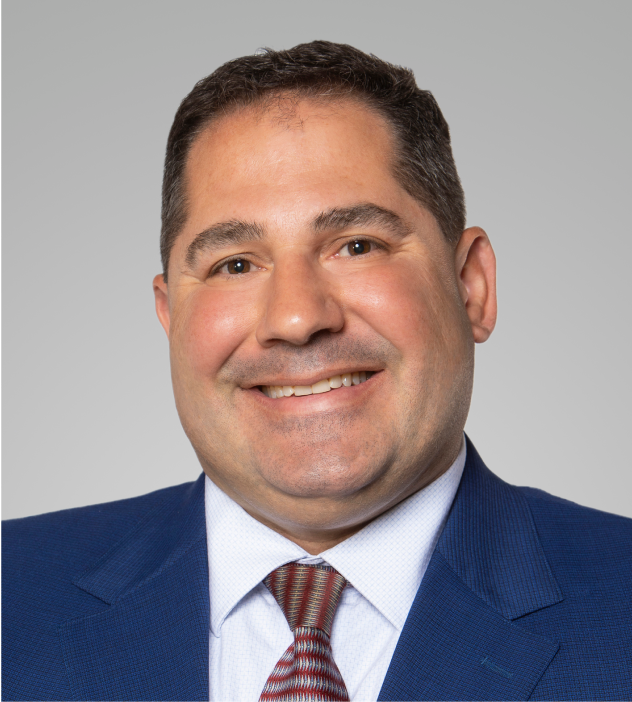
I recently sat down with a fairly young second generation owner of a construction company to discuss succession planning for his organization. What fascinated me most about the discussion was not the tax or accounting issues surrounding the transfer of stock, but the owner’s struggle to try to be as well-rounded as his Dad was when he ran the company. Naturally, he was inclined to try to emulate his father’s footsteps, but this often turns out to be the wrong approach.
When Dad founded the company, he started from scratch. He worked his way up by wearing all the hats in the company and dealing with all kinds of unknowns, from accounting and human resources to bidding, sales, and operations. His day started at the office early in the morning, then progressed out to the field, and ended back in the office to finish off the long day. At times, the day would continue at home when he put in late nights. Along the way, he developed shortcuts to processes and established a knack for making decisions on the fly based on his gut instinct. Some decisions, made under tremendous stress and sacrifice, turned out well. Others, not so well. However, those experiences were priceless and they can’t be duplicated or learned in any college text or self-help book. The experiences and sacrifices of company founders are what make them unique individuals.
The son had always struggled with Dad’s advice to only work out in the field. His father always stressed that learning the trade would become more valuable to him when he took over running the company. This became apparent when his father passed away a few years ago and the son was left to run the company. At first, he struggled to run the business, as he often tried to do too much and spent too much time in the back office trying to fill the void left by Dad. He quickly realized that his talents and skills were more valuable out in the field, dealing with the company’s operations.
He began investing in people to help fill the holes left by his father, especially in the back office. He also discovered that one particular employee had talents that provided a nice balance within the organization for the skills the son lacked. In fact, the employee became so valuable to the organization, the company is now planning to provide the individual with equity to secure their longevity.
As this story suggests, a second generation owner often struggles to replace the talents and skills of the founder. It is a very challenging task to step into those shoes, as these new owners lack the practical and unique experiences possessed by the founders. They often find success by surrounding themselves with talented employees, key outside advisors, and an establishment of an advisor board, to help fill the talent void of the founding owner. These talented people often become minority owners of the company or are provided some form of phantom stock to ensure their longevity. While the first generation owner operated from a mindset of needing to do it all and learning from the school of hard knocks, second generation owners often find their path to success by surrounding themselves with talented and experienced employees and advisors.
It can be very difficult for a second generation owner to break out of the mold of the first generation; often, it is the only template for management they know. However, the long-term sustainability of the organization may very well depend upon their realization that they need to forge their own path and seek help when it is needed.
Carlo R. Ferri can be reached at Email or 215.441.4600.
You may also like:


